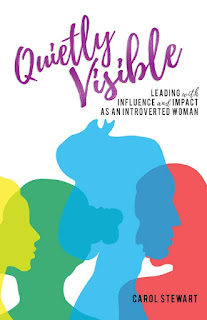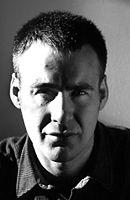The Stations of the Cross
(for Fr Phillip Lemon,
Our Lady of The Assumption, Bethnal
Green, London)
By Mike Parsons
“After the first death, there is no
other.” Dylan Thomas
1.Jesus Is
Condemned To Death
We adore thee O
Christ and we praise you, because by your Holy Cross you have redeemed the
world.
“ after three days they found him in the temple, sitting in the midst of the
doctors”
Luke 2. 41-52
Death. Do I fear it? I am terrified,
but there are moments, when in giving, you gain the incalculable.
So much is wrong, so much
unnecessary.
Let me give.
We live lives dedicated to
change.
“Ce petit
monde est a refaire” says
Emmanuelle Billoteaux
(This little world must be remade).
Who is to blame?
We can talk of specifics.
We should not talk of blame, but
of understanding,
Evaluation.
We must identify the problems.
I take a walk with Christine's
children in Umoja, Nairobi.
Flowers grow along the path;
purple and yellow.
The corn has been harvested
though there are still some ripening.
The whole field has been
cultivated since I was here lst October,
Women were preparing the ground
then, and planting.
They have worked well.
Some people are secure with their
money and posessions.
Do they care only for themselves?
What Impels?
Please, help us with our lives.
Help us overcome our faults,
understand and change.
Forgive us our trespasses.
Lord Jesus, you are condemned to
death a million times by greed and self-interest.
By power compounded with fear
in this vicious cycle of
survival.
Condemned to death
and yet going beyond death.
Unstoppable.
You will not die,
“I will not die”.
We are left with the question, “Why
does life destroy life
Why destroy that which will take the fear away?”
But their fear is not our fear.
We are not our bodies,
We are more than our minds,
more that our sense of “I”,
Tyranical, fragile, fearful…
Labels: Bethnal Green, East Beat, East End, East London, Faith Poems, Hackney, Mike Parsons, Our Lady of the Assumption Church, Poetry, Spoken word










